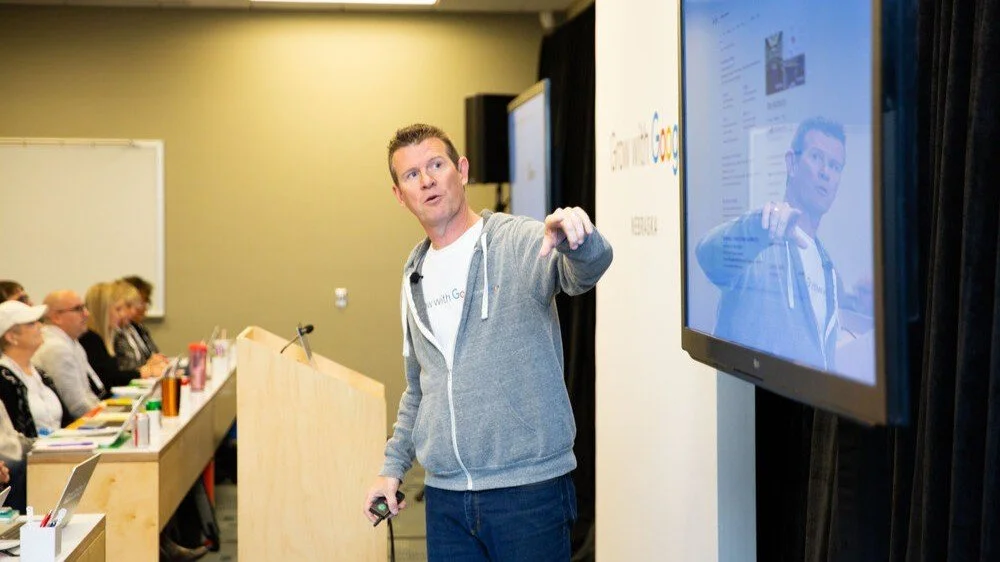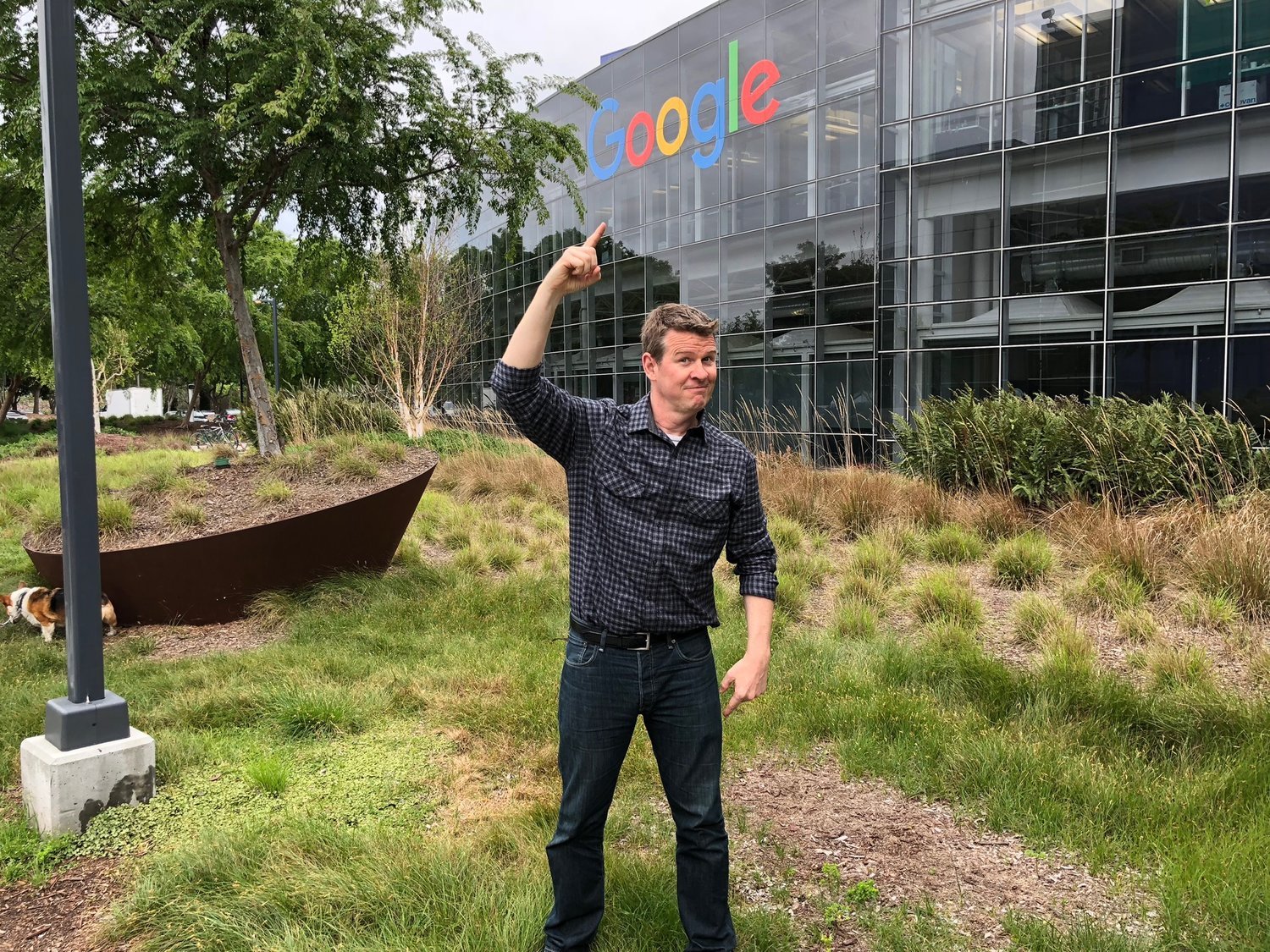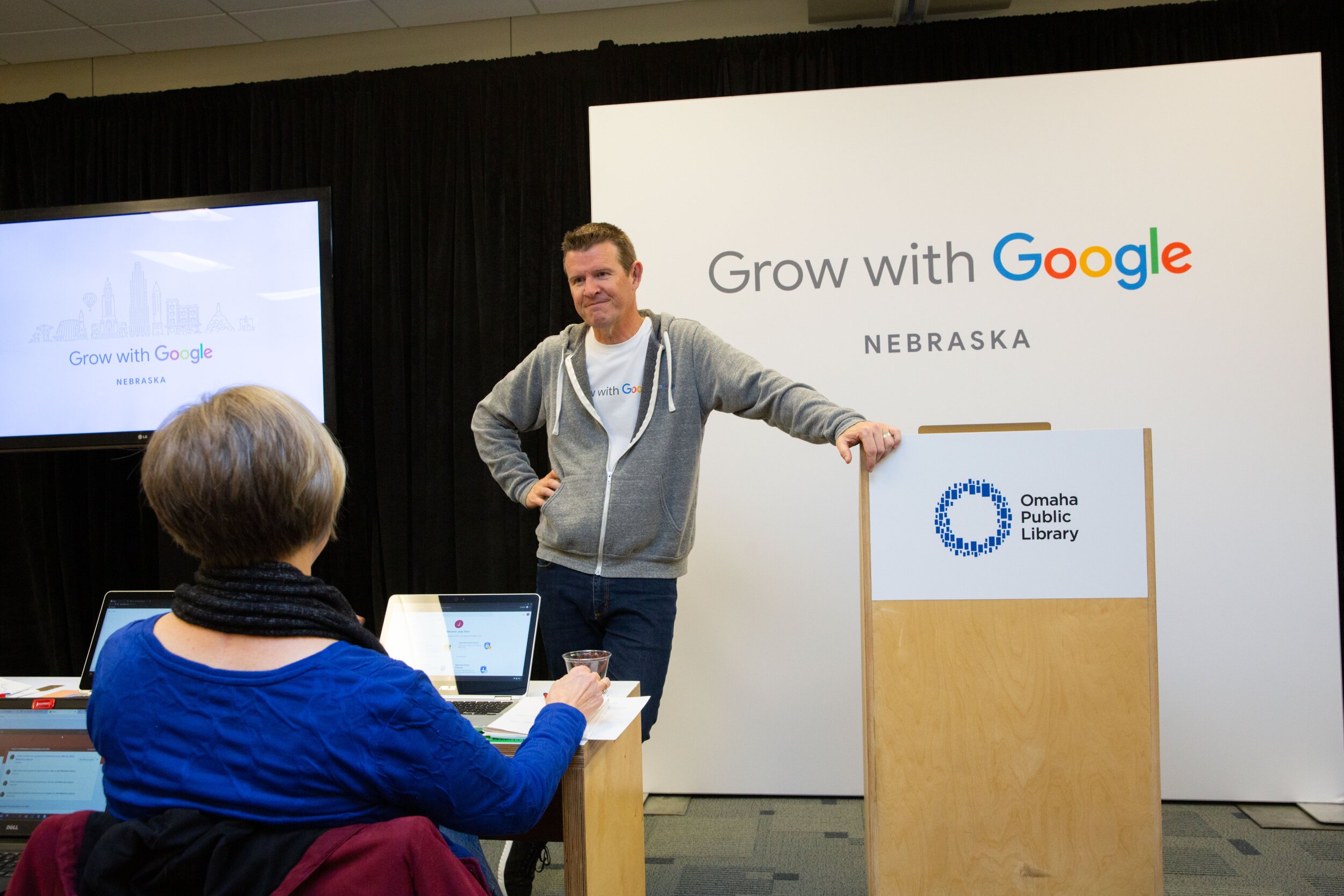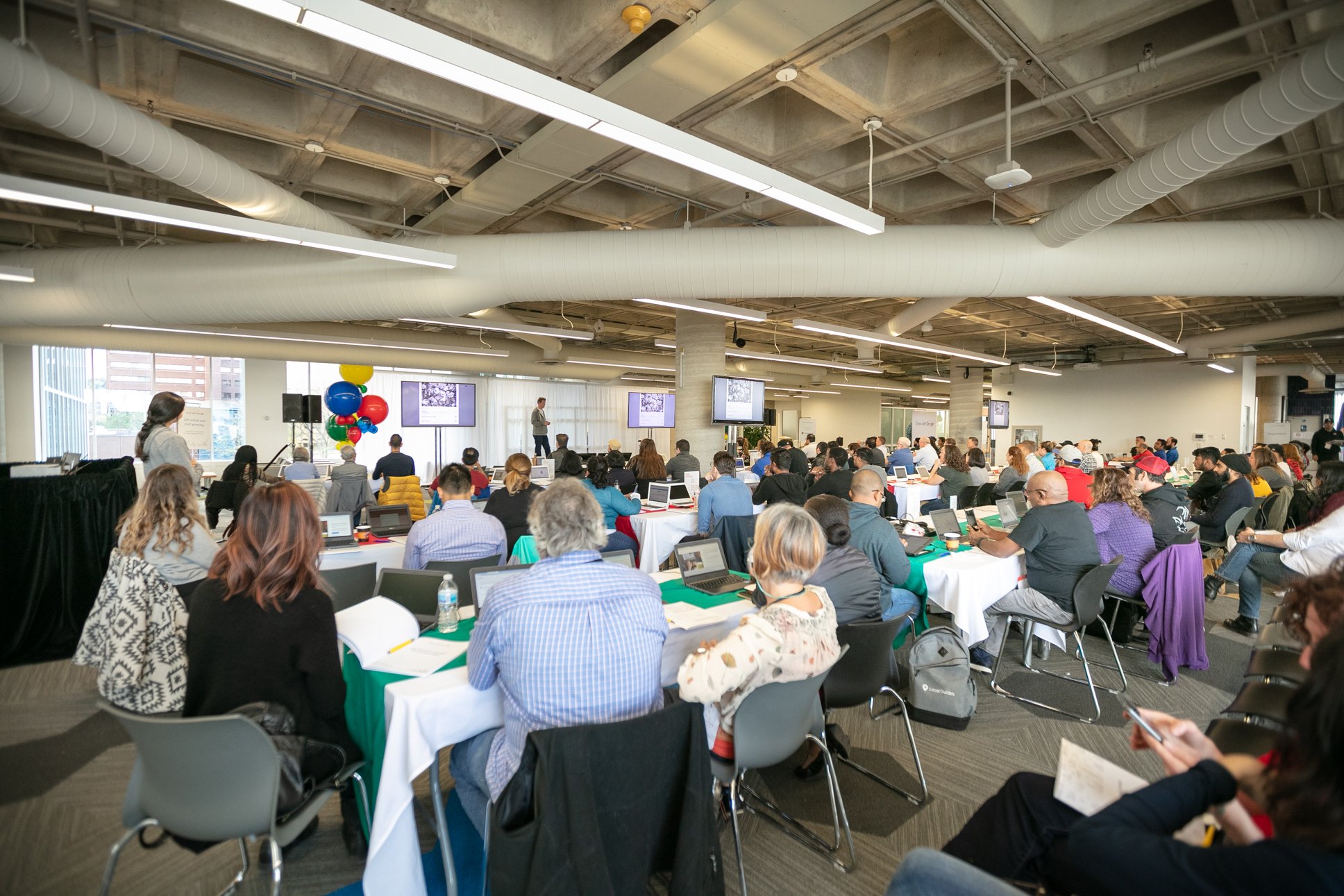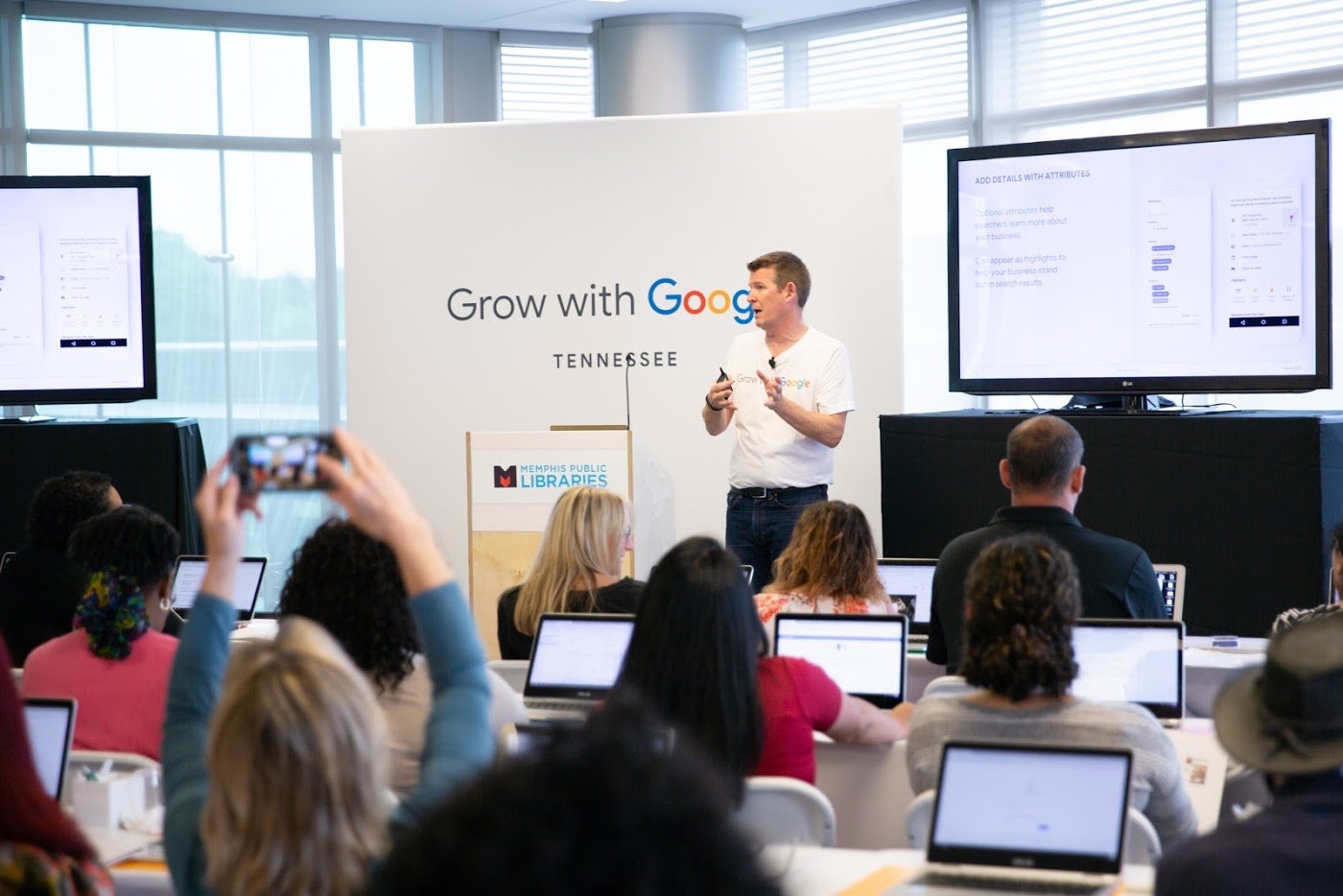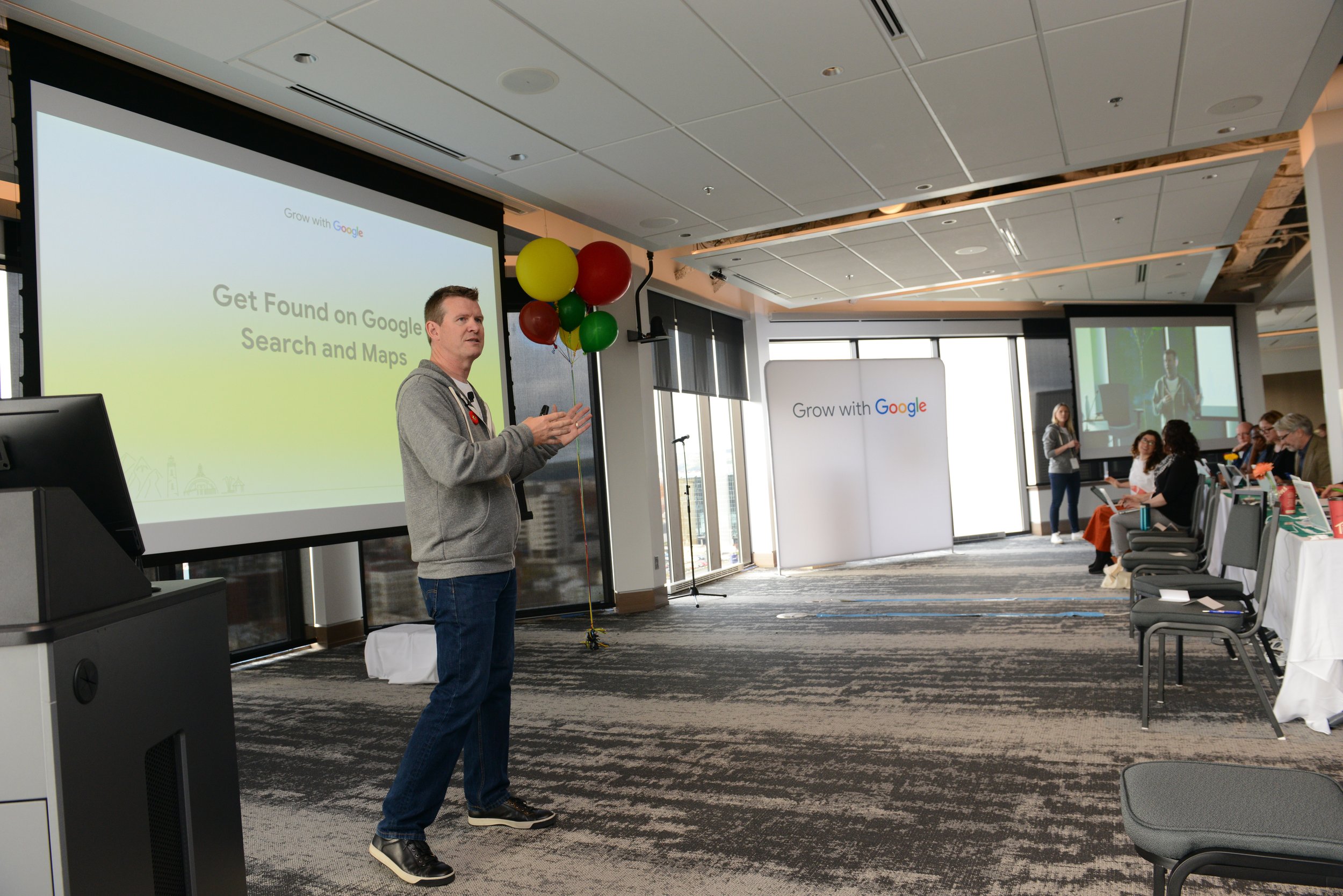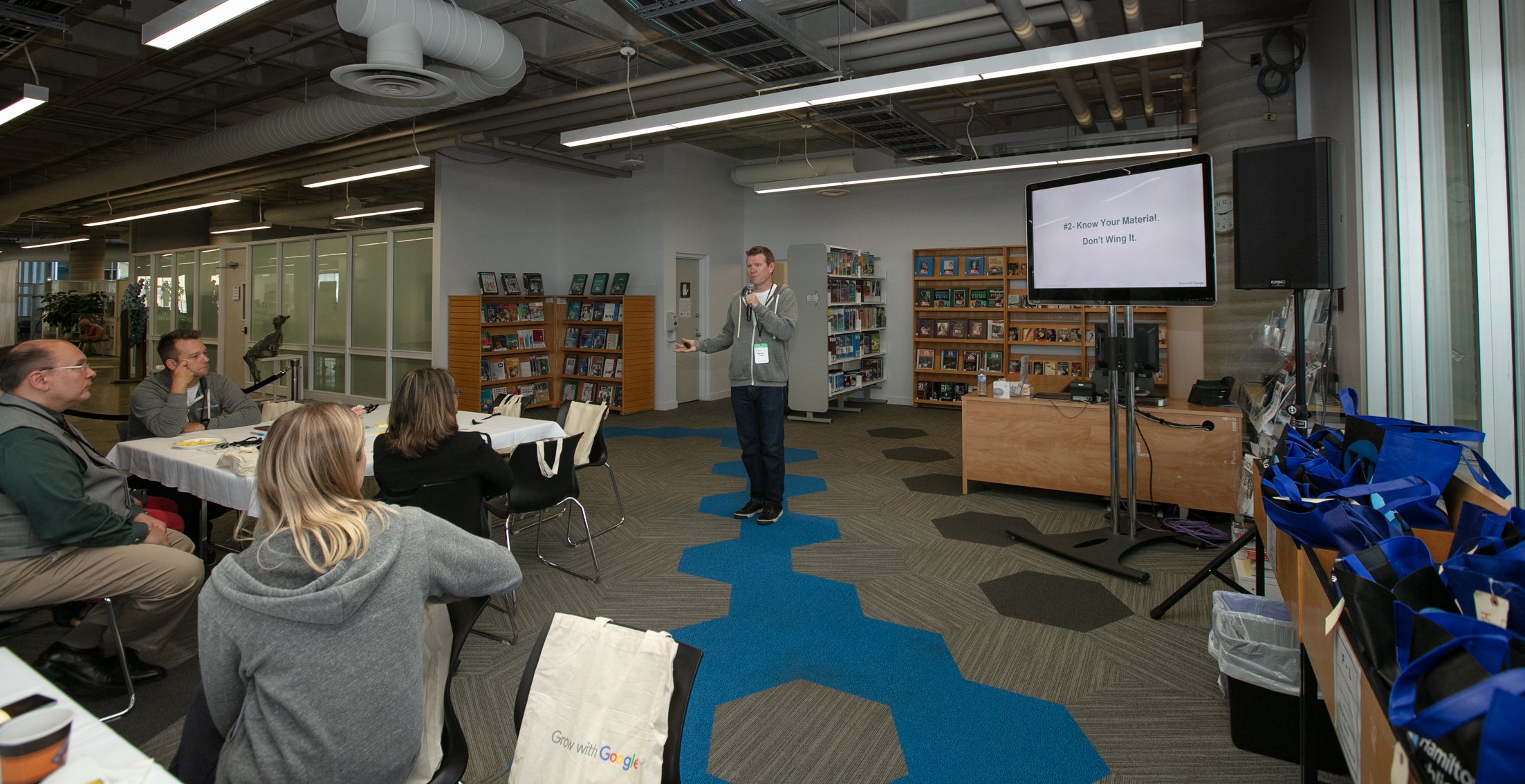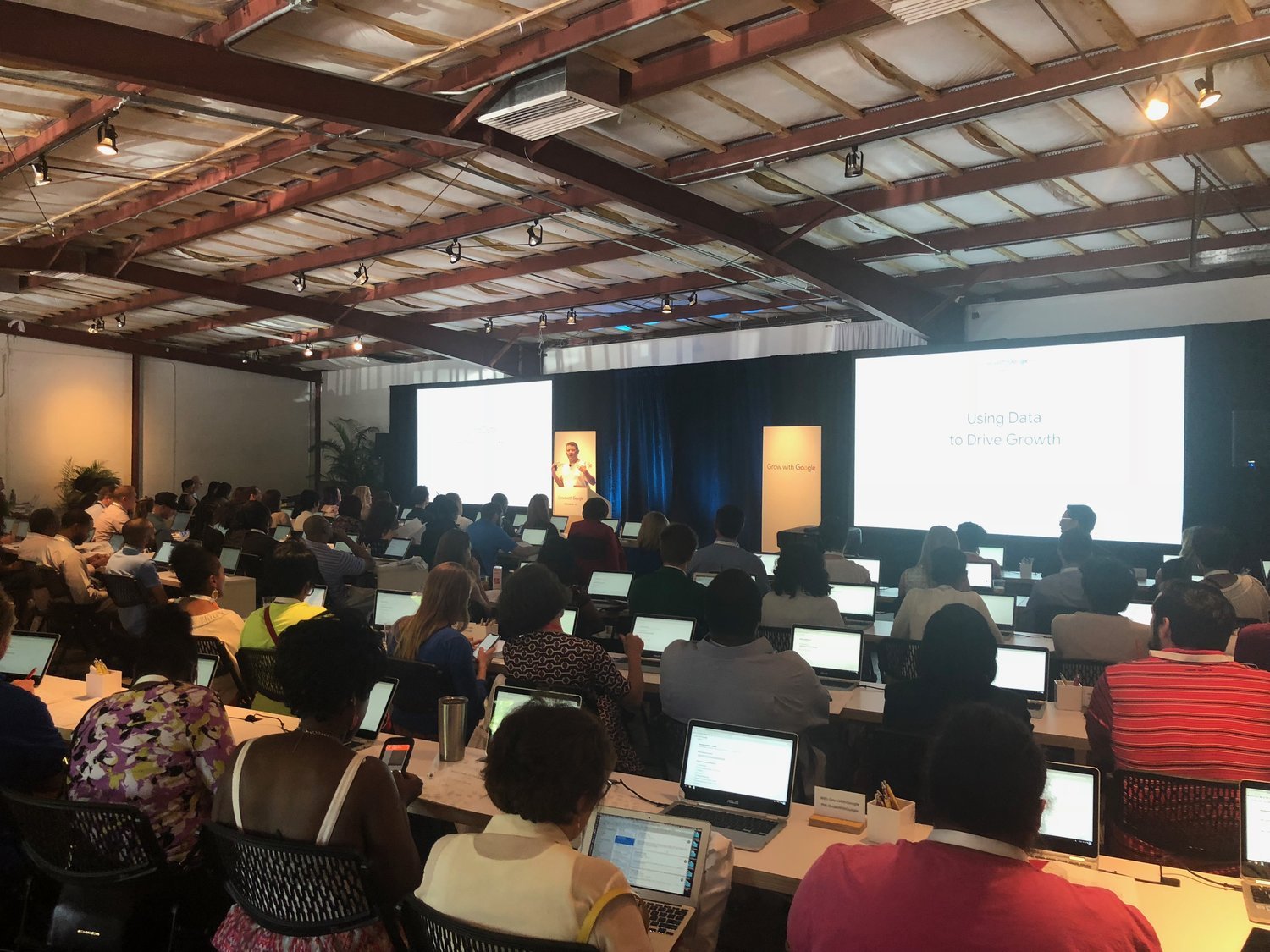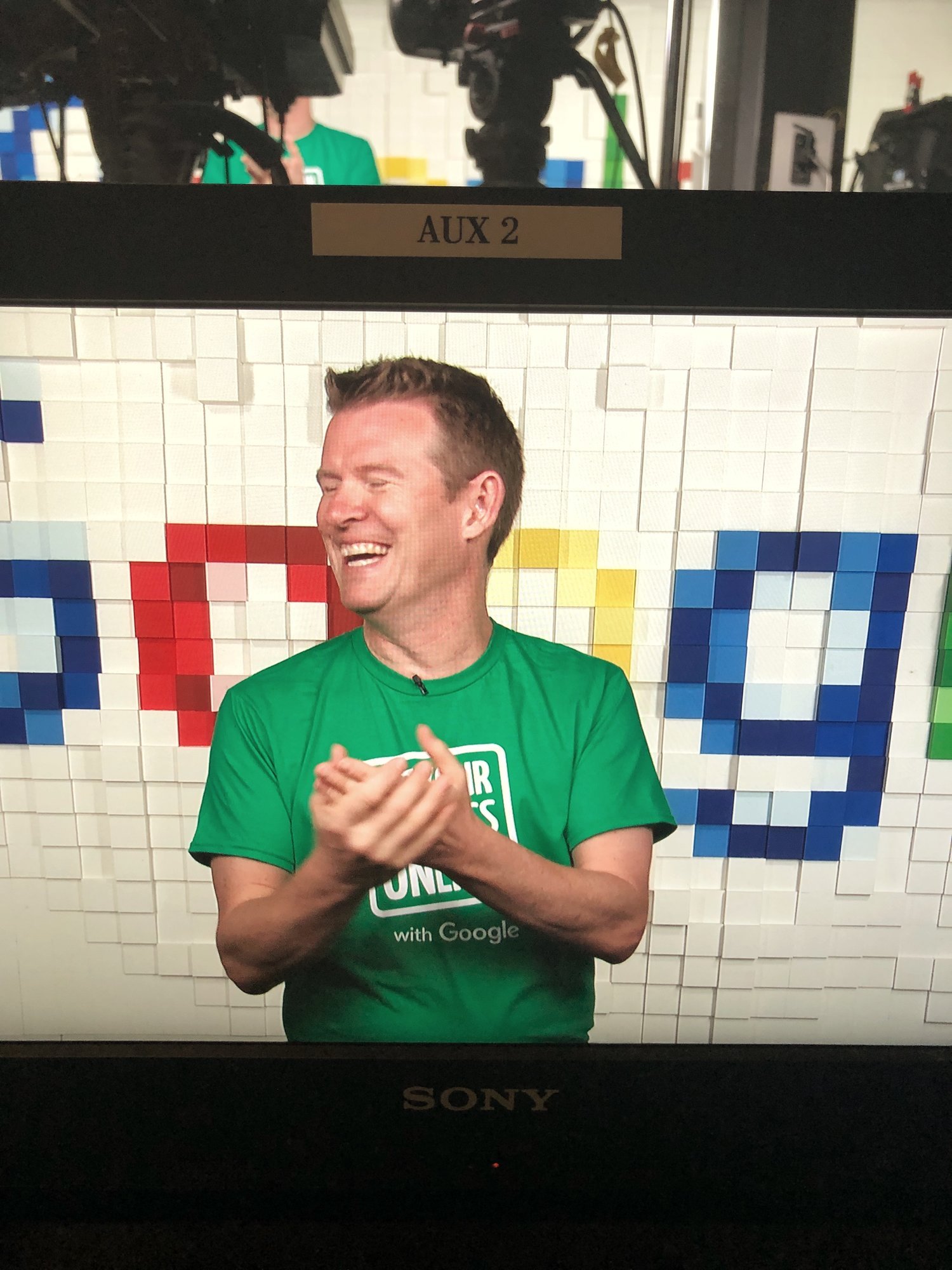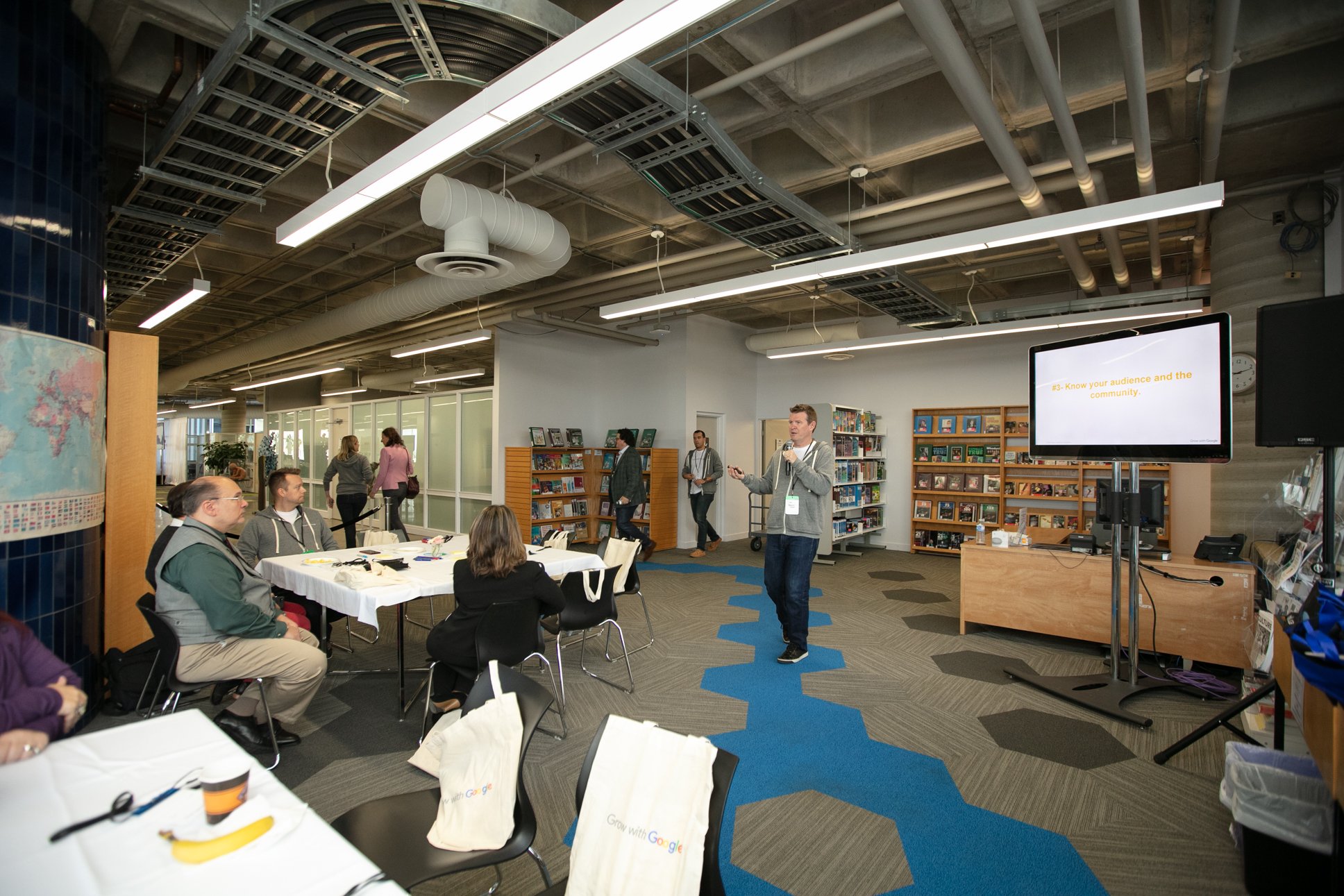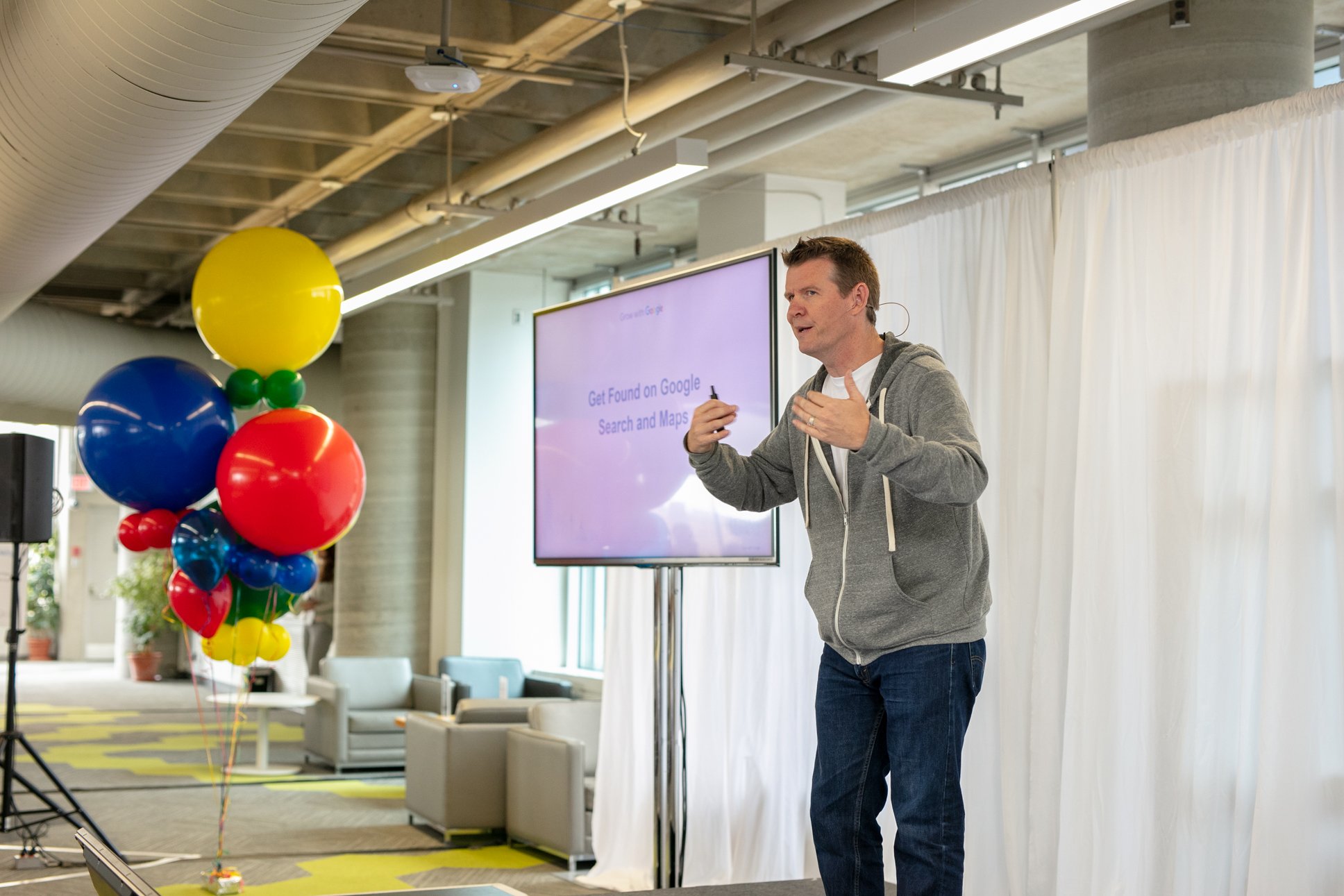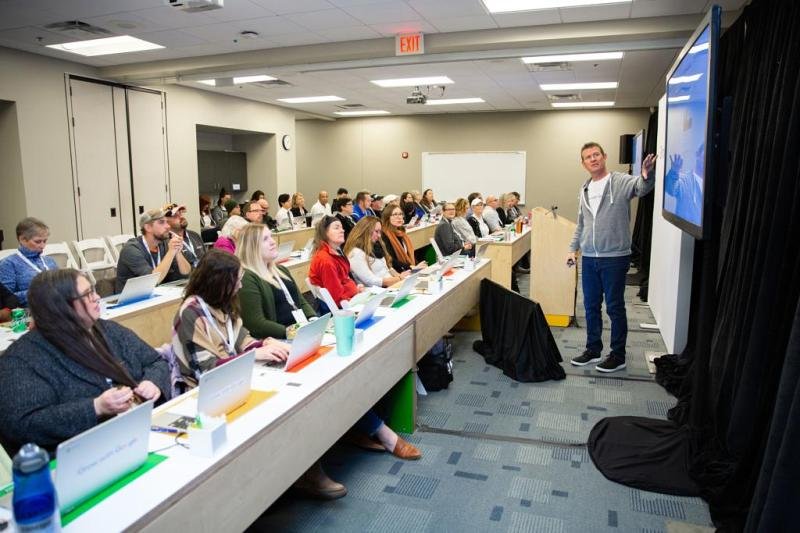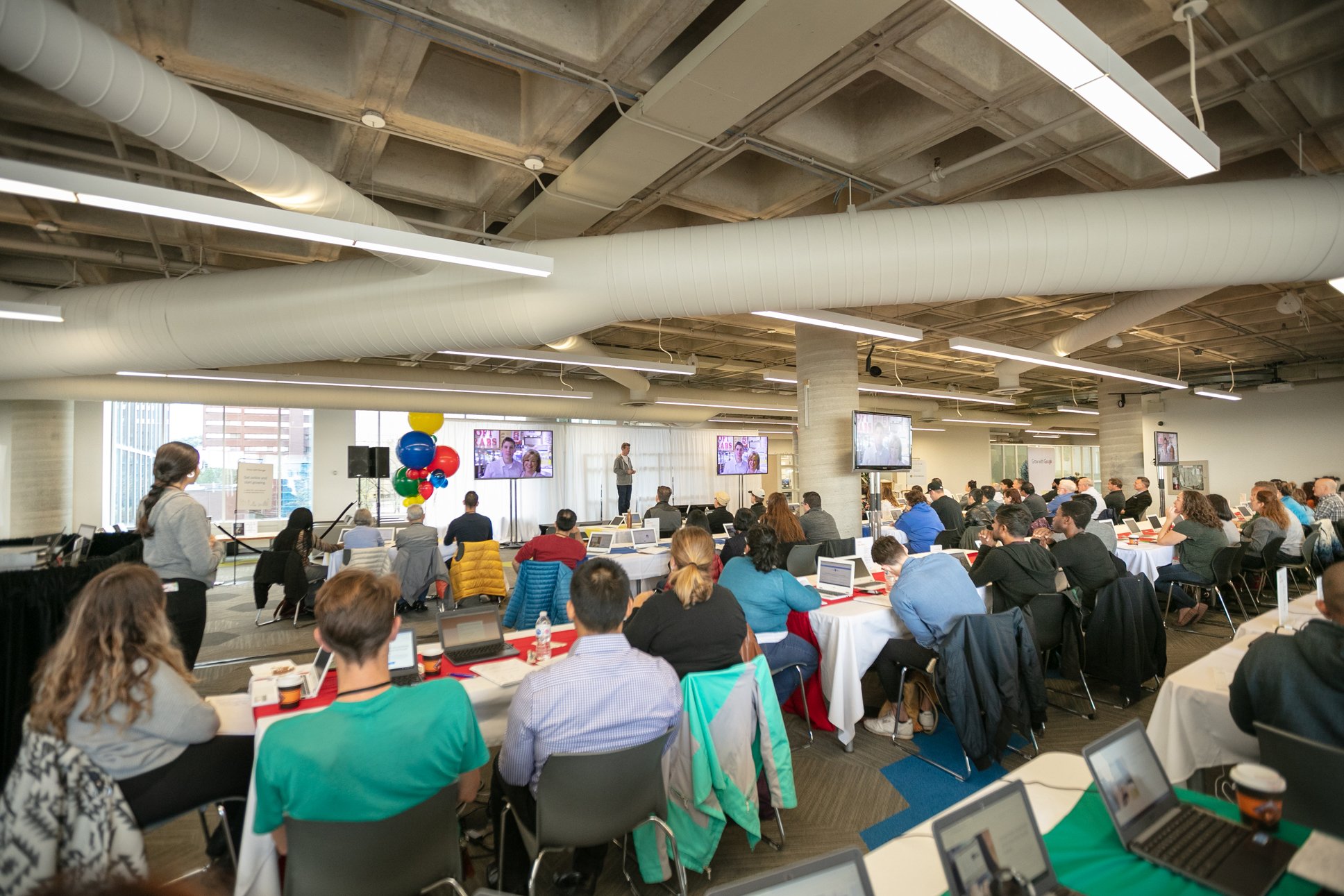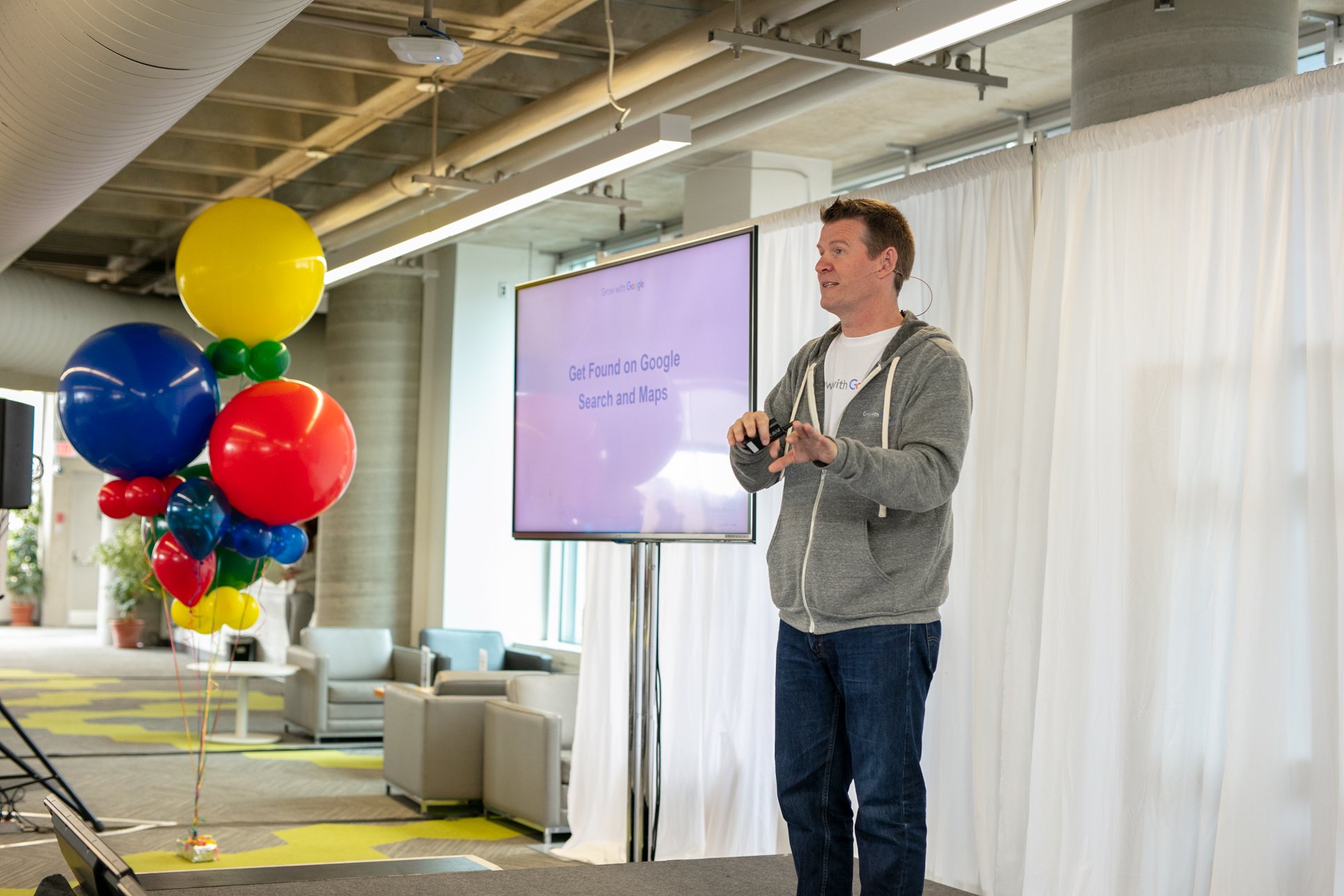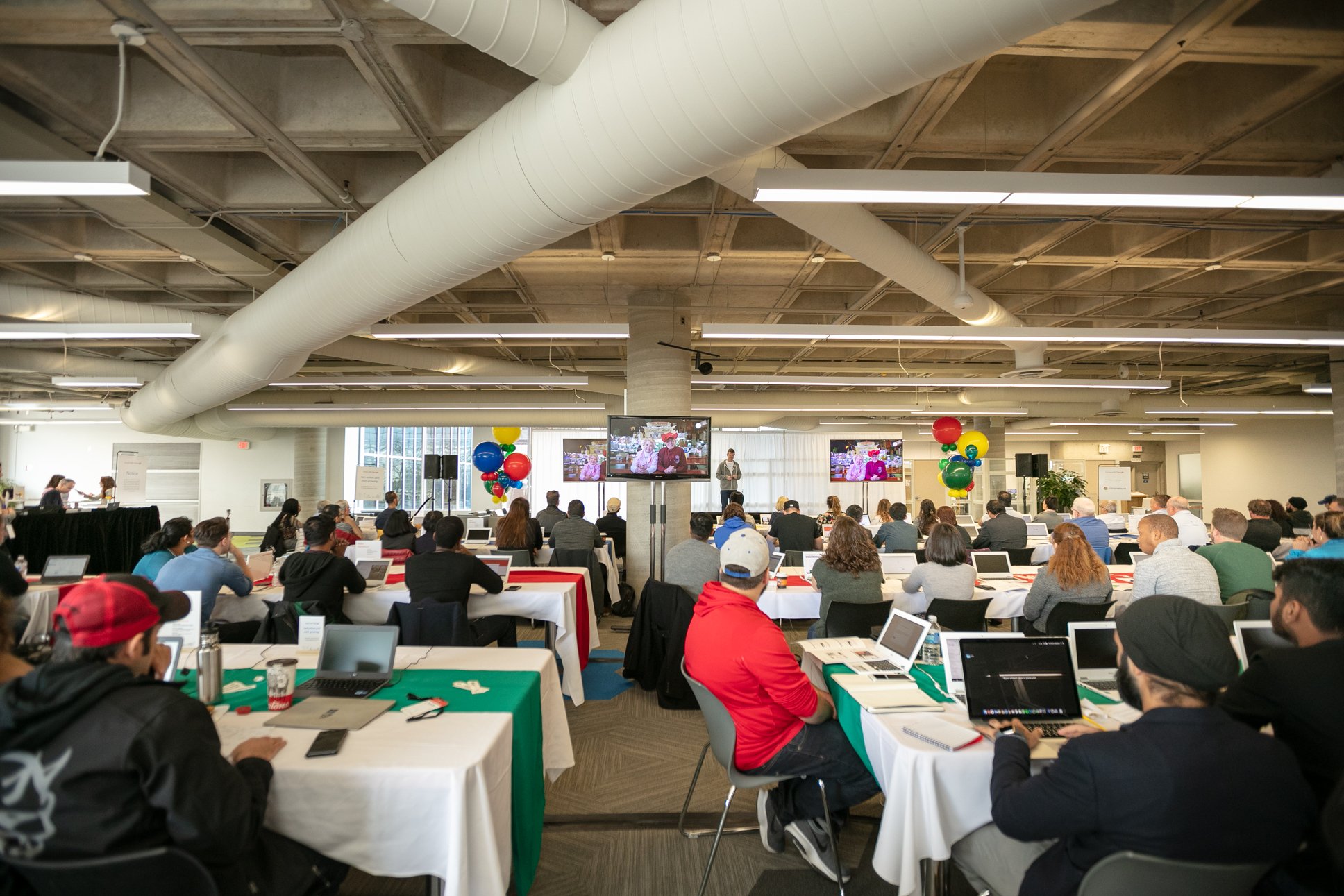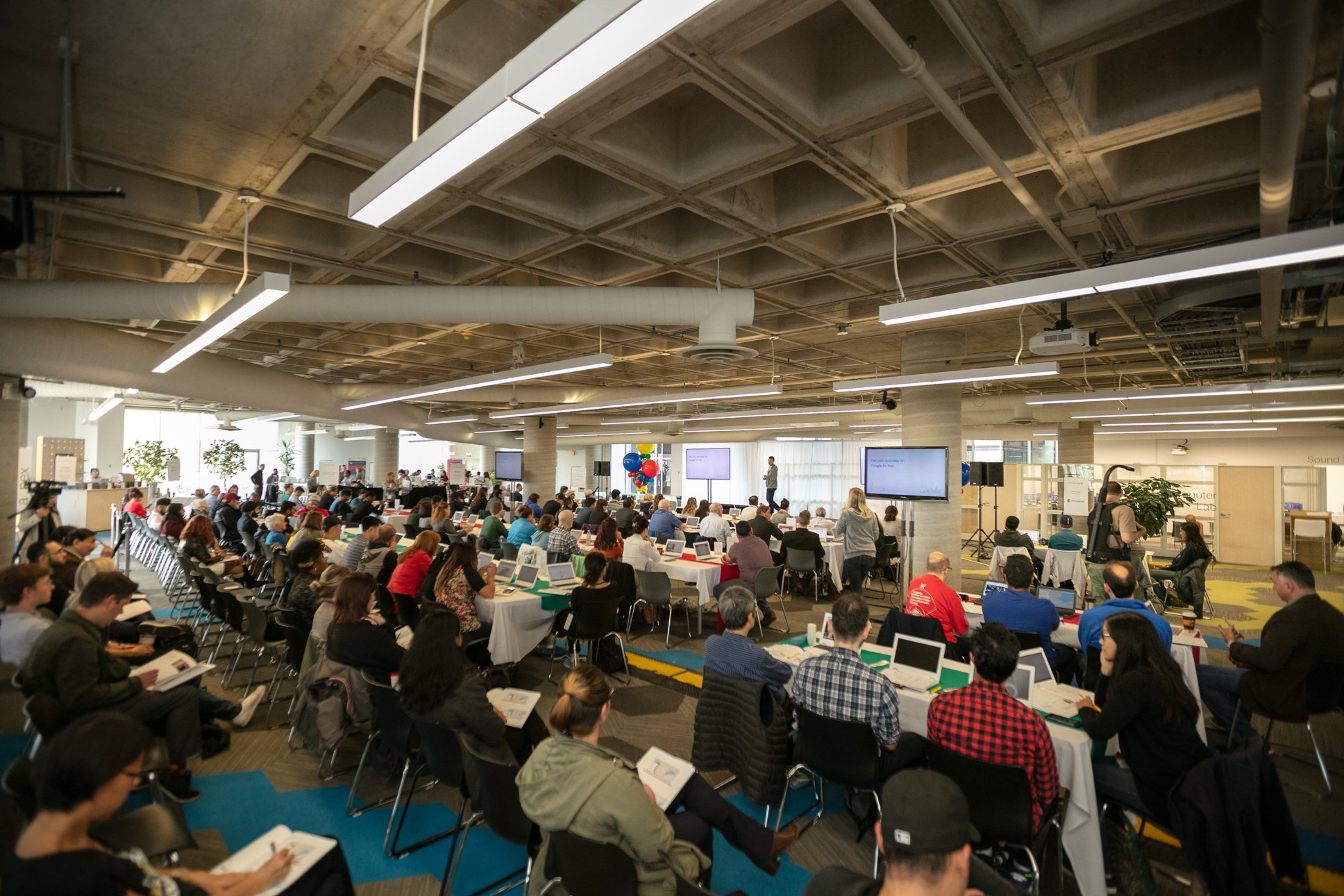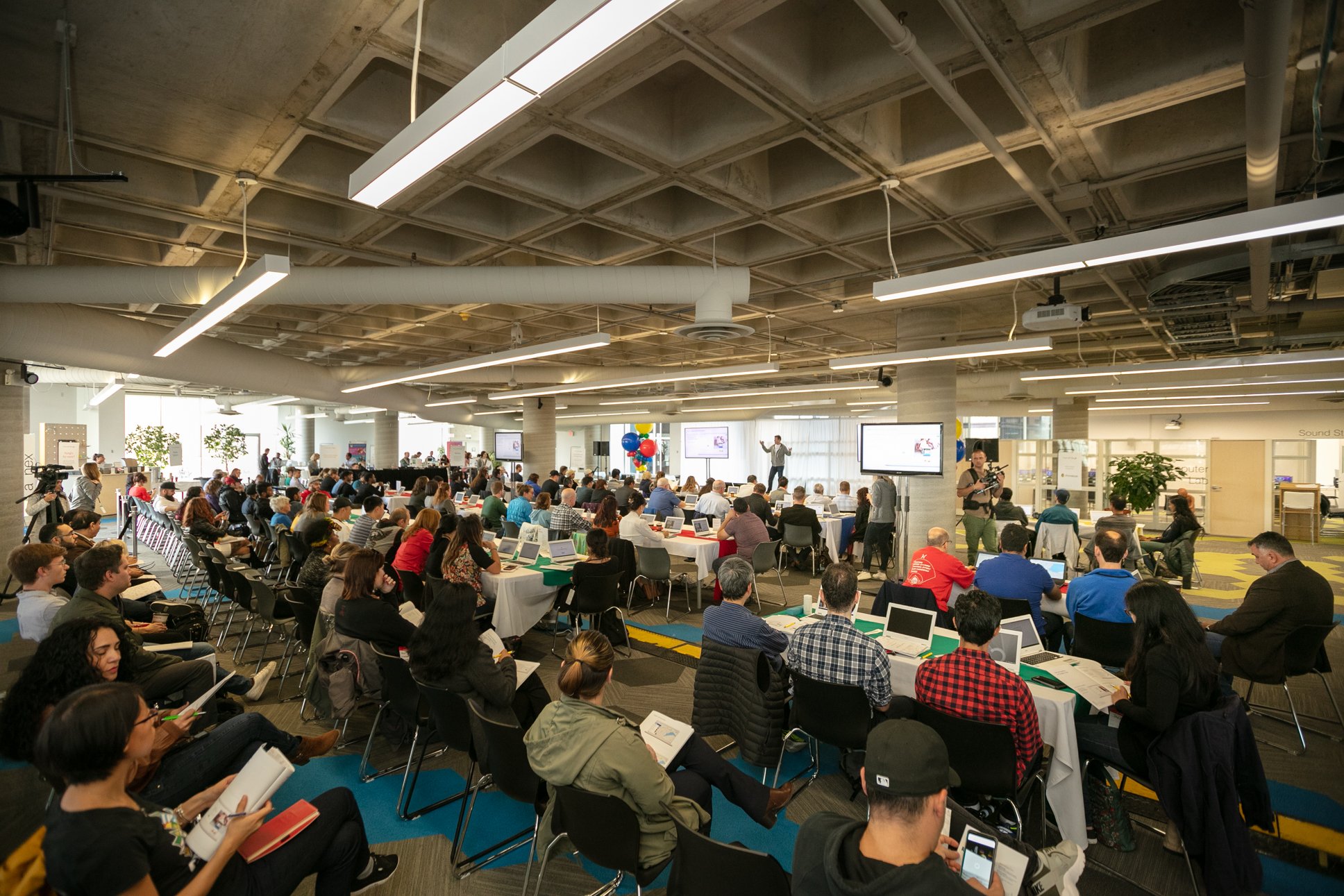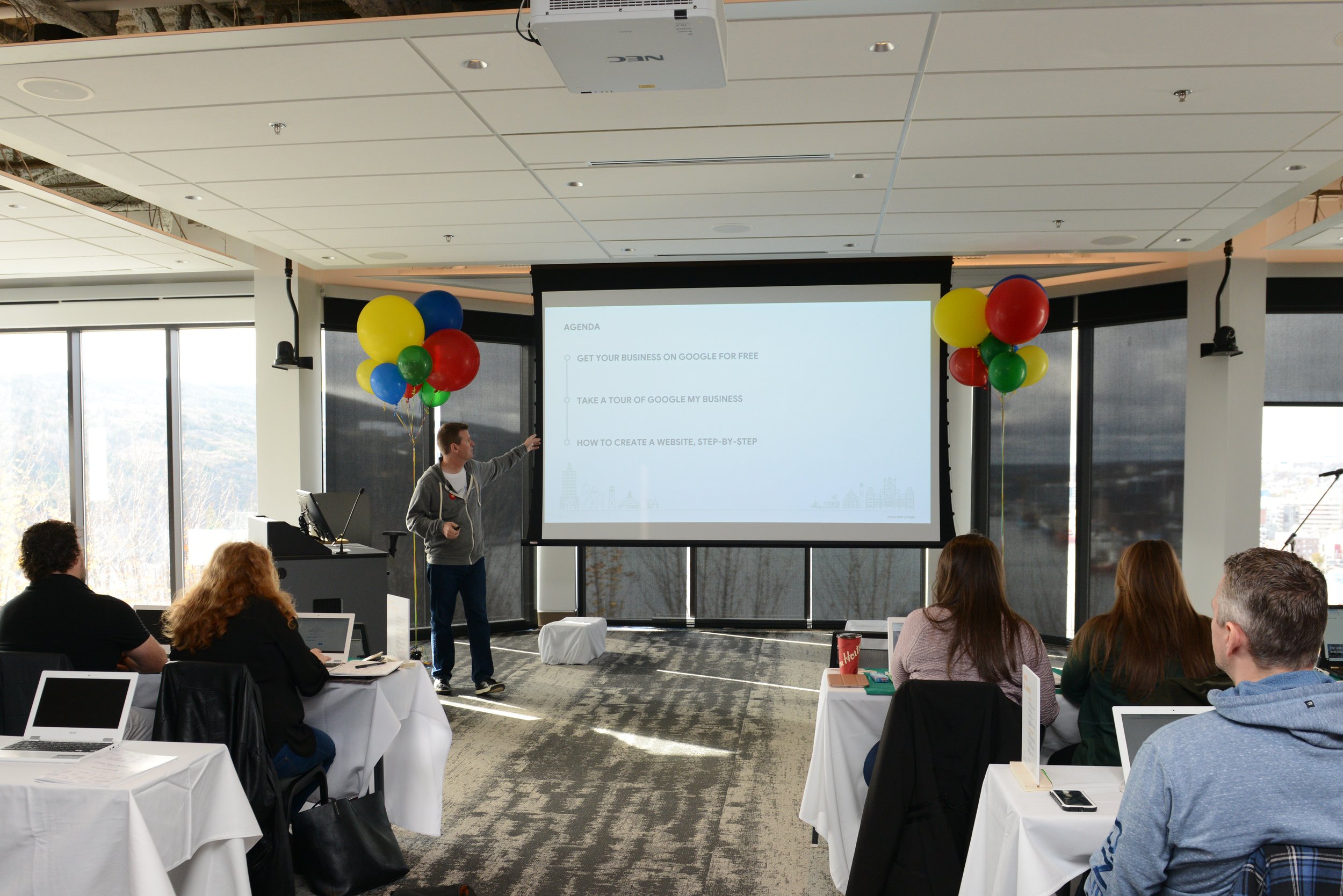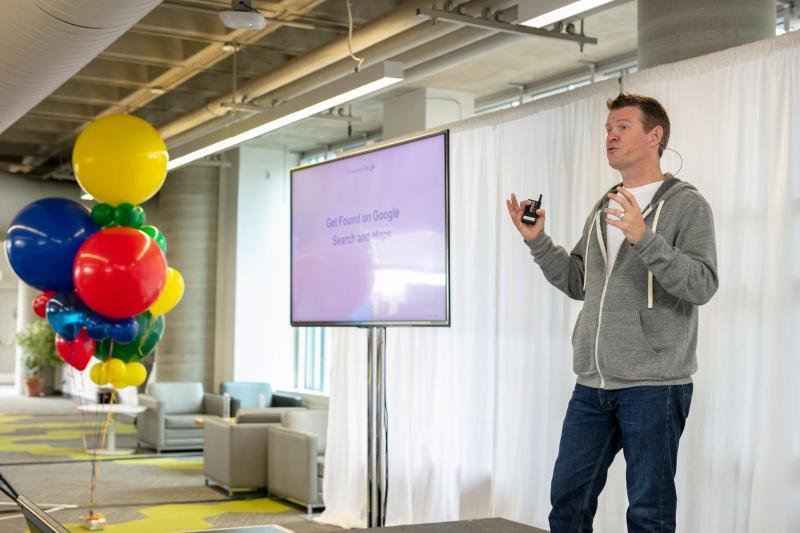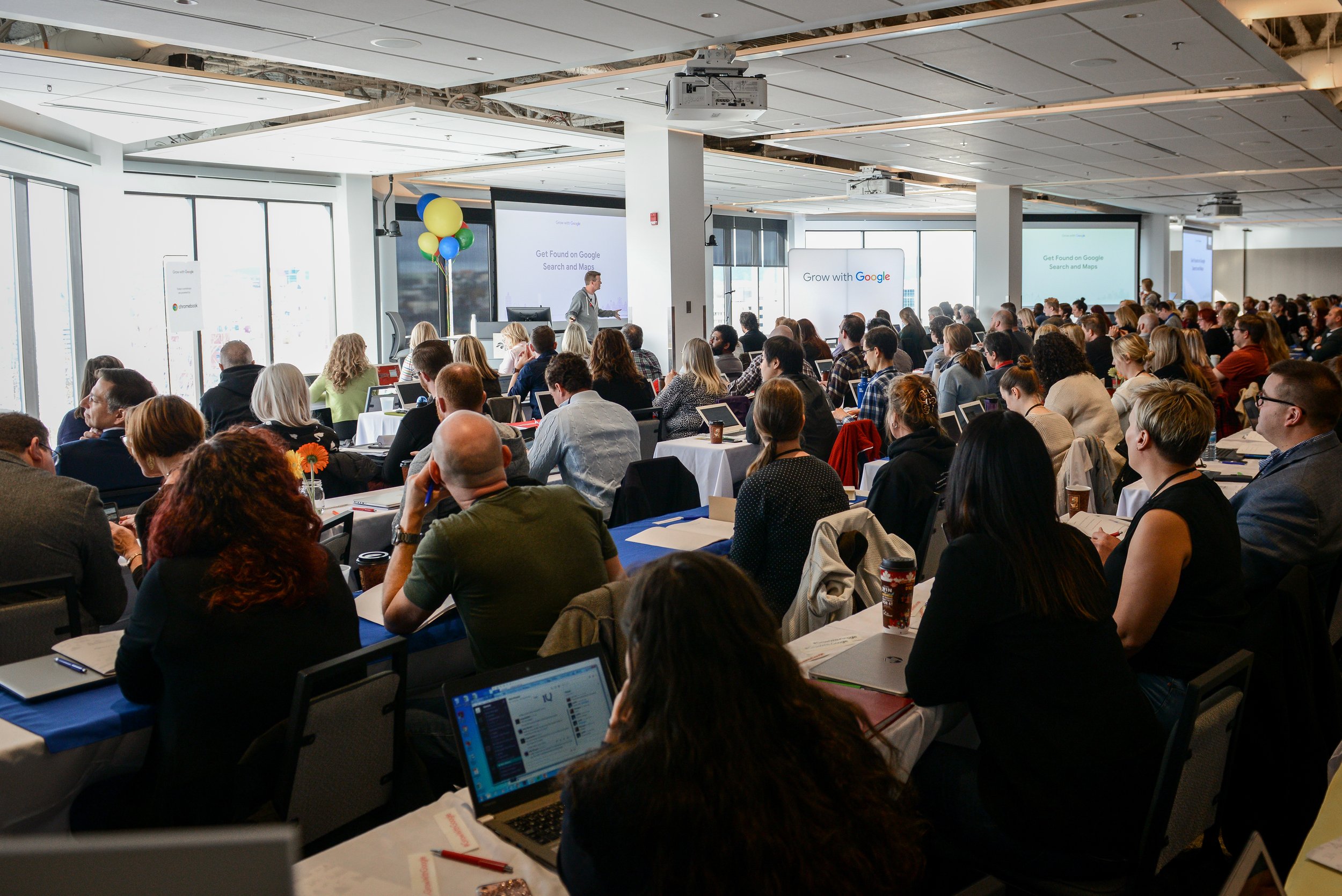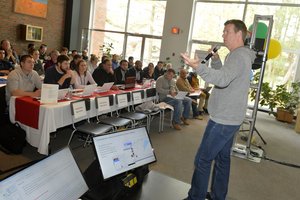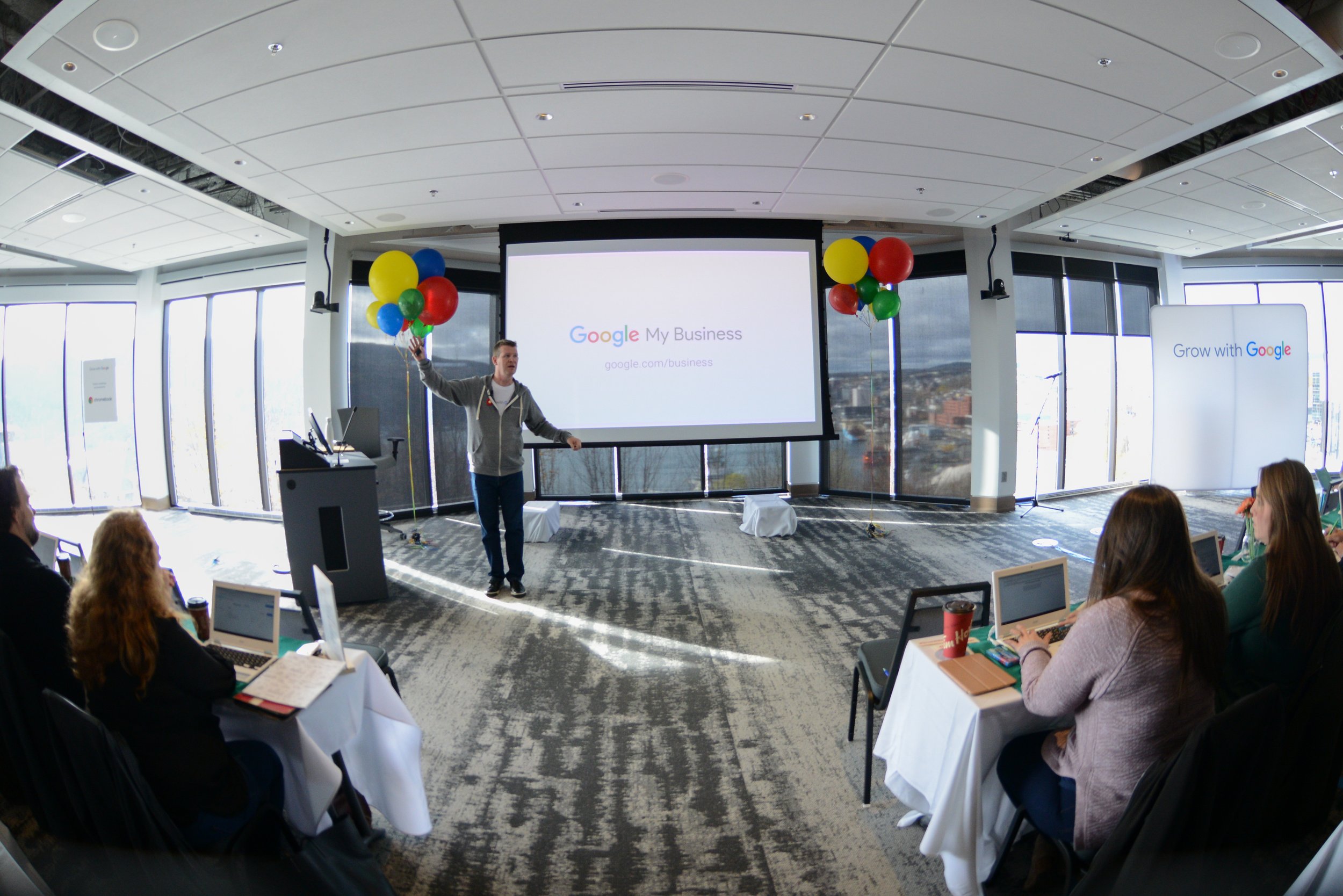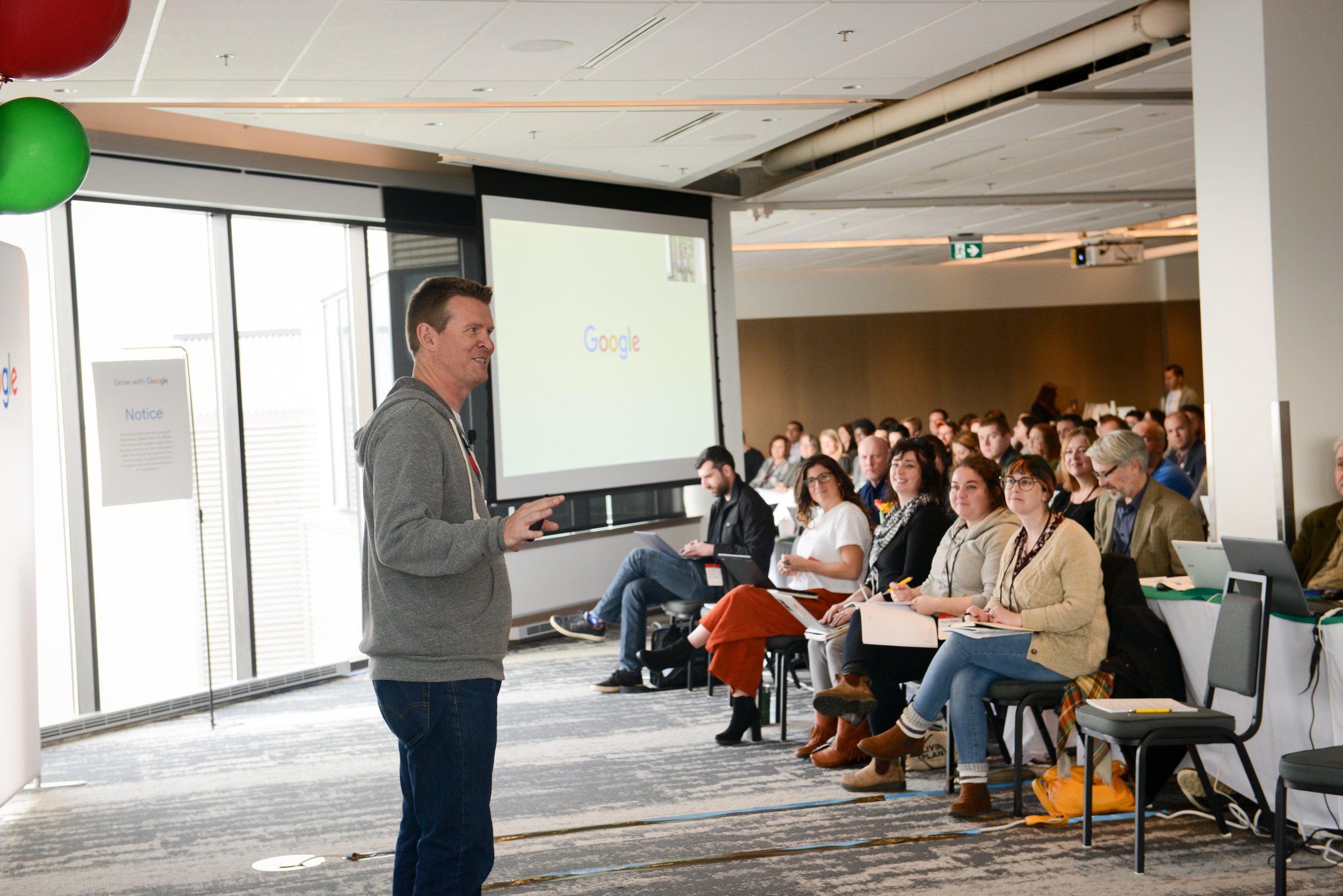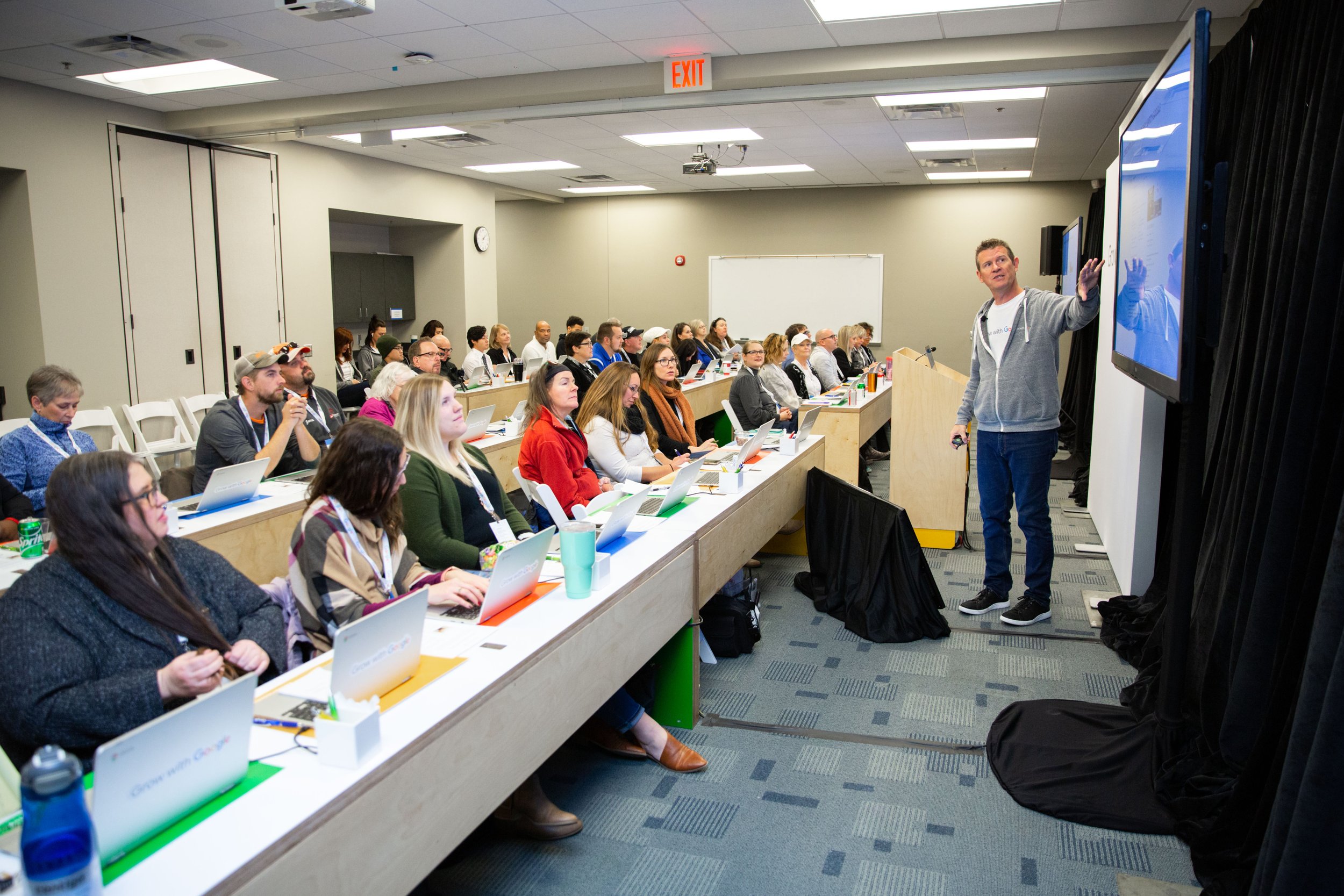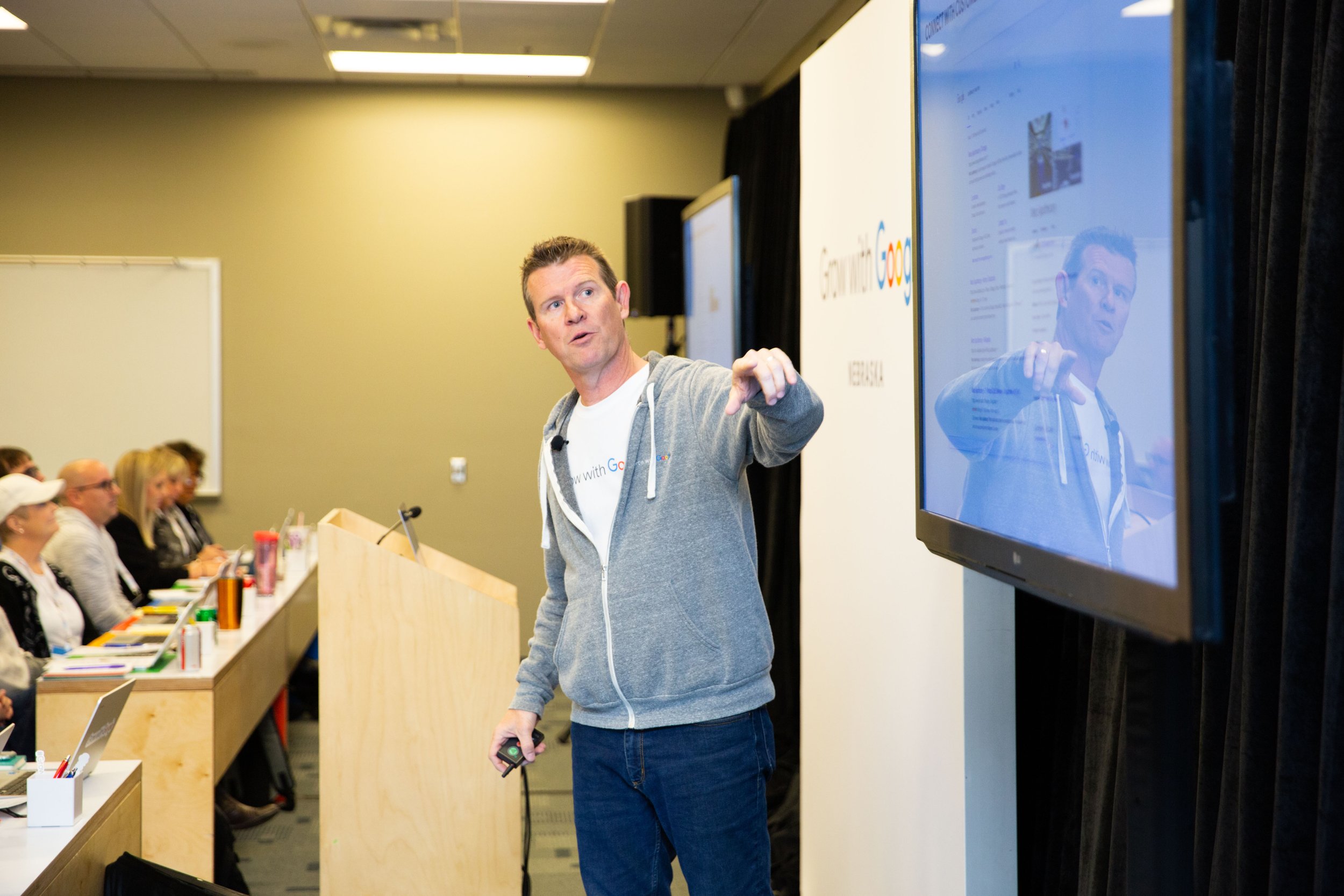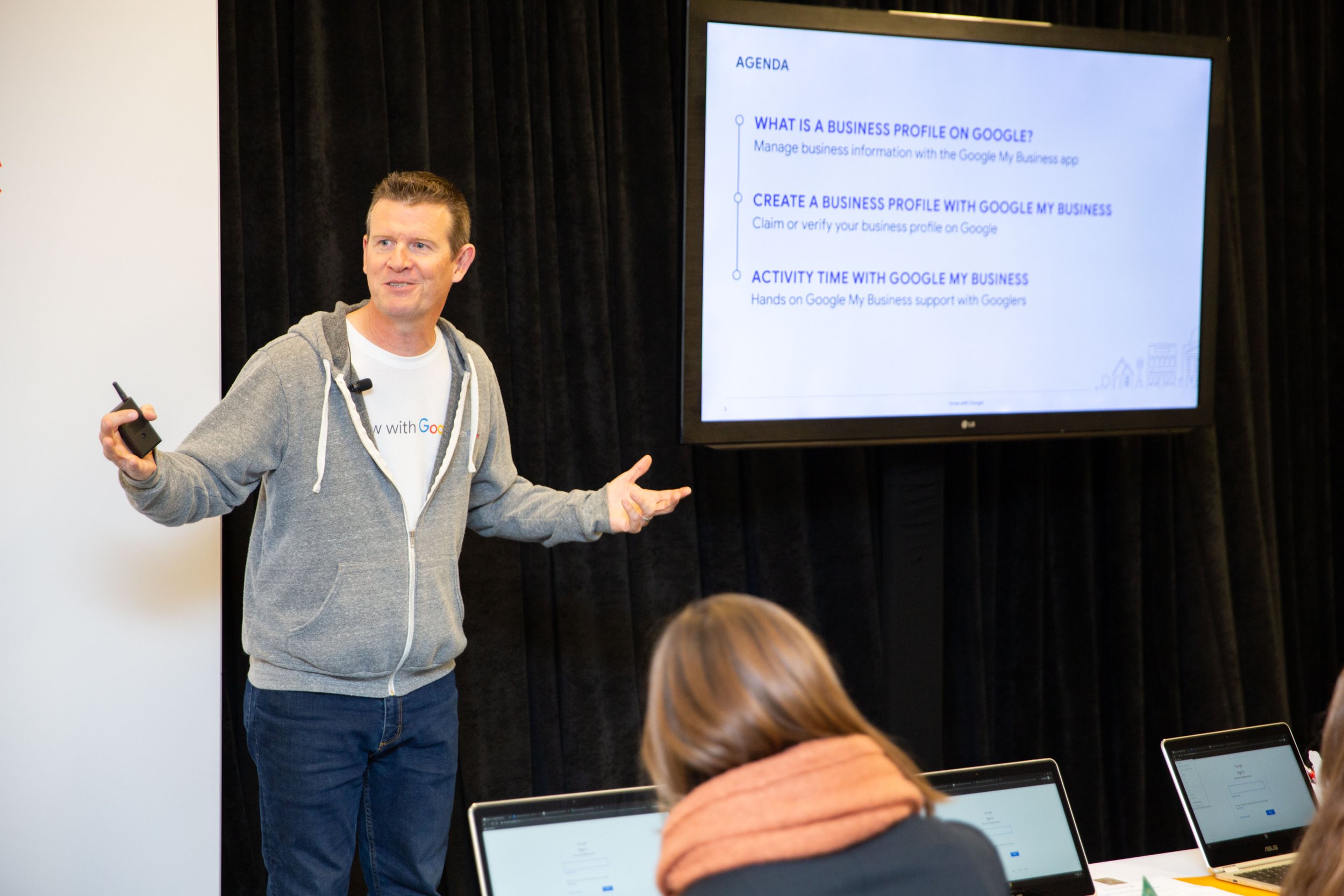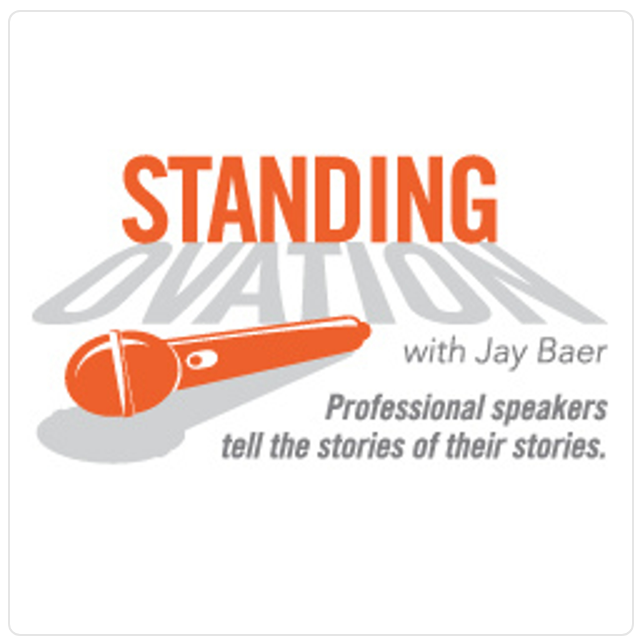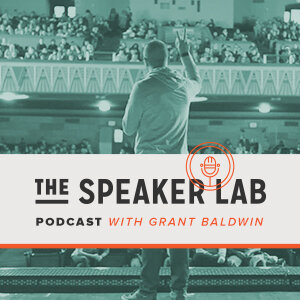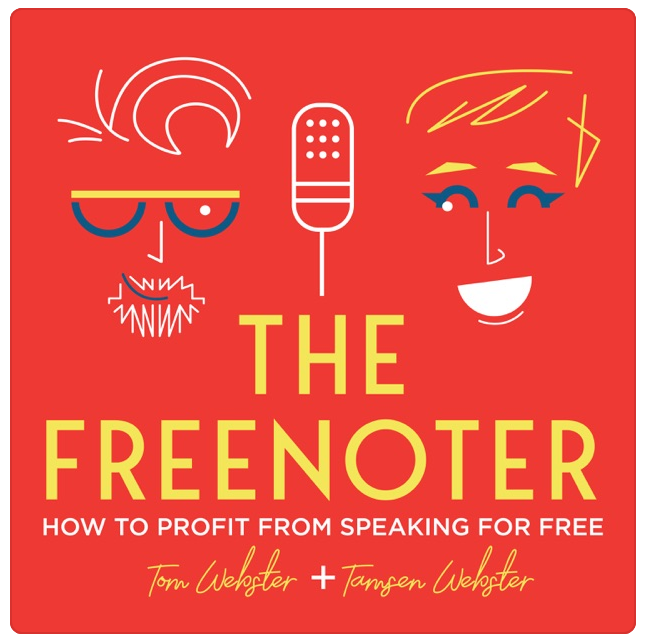For six years, I traveled across the U.S. and Canada as a speaker and facilitator on behalf of Google, visiting bustling cities and quiet towns, delivering workshops to audiences of every size. From small community libraries to packed convention halls, I had one mission: to help people grow through better communication — with technology, with each other, and within their own organizations.
But while my audiences came to learn tools and tactics, I came away with something even more lasting: countless lessons on what truly makes for great communication from the stage, in workshops, and in every human interaction.
Know your stuff — and plan for tech to fail.
No matter how flawless your slides are or how slick your video is, technology fails (see video below). Communication starts with confidence, so I never relied on internet connections. I downloaded every video, embedded them directly, and always tested AV well before showtime. I walked around the room to ensure the slides were legible from the back, checked where sunlight might blind the screen, and especially verified that my clicker worked from every angle. Great communication is part preparation, part flexibility, and the ability to improvise when need be (shh, that's the secret).
Treat every audience like friends.
Whether I was in NYC or a small town in Arizona, I always made it a point to connect. Before arriving, I’d set up Google Alerts for the local area to find good news — a high school baseball victory, an upcoming chili cookoff, a town anniversary. I’d mention local favorites, often after eating there myself. People lit up. They weren’t just attending a presentation; they felt seen because authentic communication is about making people feel understood and valued.
Keep it clear and inclusive.
Most of the people who came to my sessions weren’t experts. They were eager to learn. That meant I stayed grounded, avoided jargon and made sure no one felt left behind. I encouraged every question, stayed late for one-on-one help, and genuinely welcomed curiosity. Because great communication isn’t about showing off what you know; it’s about making your audience feel smart, supported, and capable.
Fill the front rows (literally).
One of my favorite little tricks: I traveled with big note cards that read “RESERVED FOR VOLUNTEERS.” I’d ask hosts if we could place them on the back rows and seat the audience from the front. When people sit close, laughter spreads, networking happens, and event photos look amazing, which matters for future event promotion. It’s a small step that makes a huge difference in the energy of the room. And all of that ultimately improves communication between the speaker and the audience.
Know your craft. Care about people. Never shut down curiosity. Because technology glitches, audiences remember how you made them feel, and every question is a door to deeper trust and impact.
Available for what’s next.
Today, I continue helping teams and organizations level up their communication — whether it’s through keynote presentations, in-house training, or train-the-trainer programs. If your team or event needs someone who has learned these lessons firsthand, I’d love to explore the possibility of working together.
As my friend and leader of the Grow with Google program, Anastasia Kudrez, kindly wrote in her LinkedIn recommendation:
"If you have an opportunity to work together, it will be worth it. He knows his stuff..."

